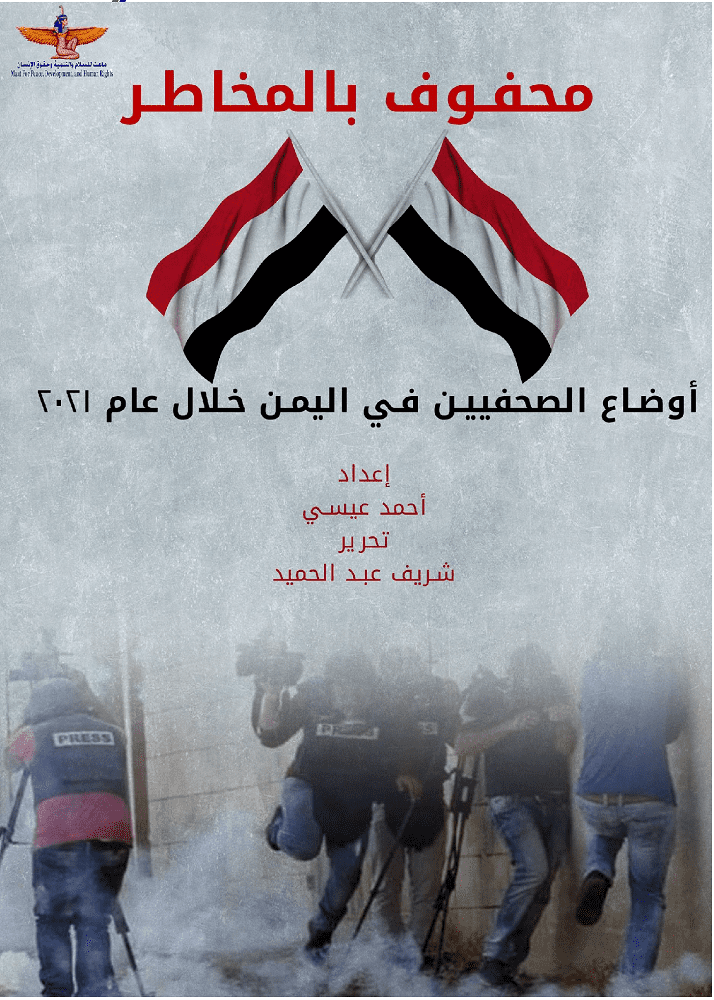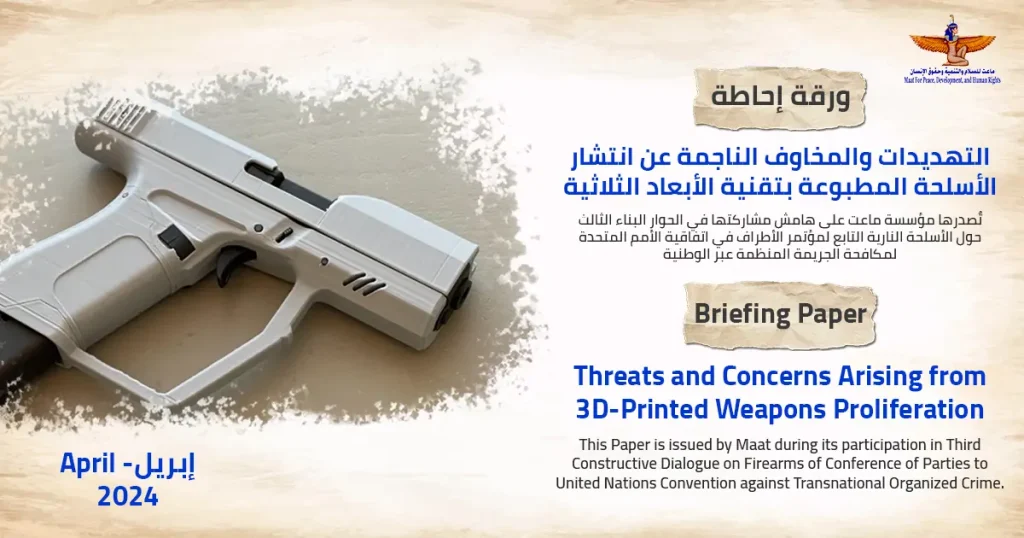Okeil: Yemen has one of the worst environments for journalists around the world
Issa: The absence of accountability in Yemen encourages the persistence of repeated attacks against journalists
Maat for Peace, Development and Human Rights has recently issued a new report entitled "Precarious...The Situation of Journalists in Yemen in 2021”, which focused on the violations against journalists in Yemen, being one of the worst environments for journalists around the world. Yemen ranked 169th out of 180 countries in the World Press Freedom Index. This low ranking of Yemen and it being at the bottom of the Index is due to the fact that Yemen is an unfavorable environment for media freedom and is unsafe for journalists to work. Since January 2021, the number of violations committed by all warring parties in Yemen has reached 64. These violation cases included 16 cases of abduction and detention of journalists, 8 cases of threats and incitement, 7 cases of attacks against them and their property and media headquarters, 7 cases of denial of coverage and confiscation of media property and holdings, 4 cases of torture of journalists in detention, and 4 cases of denial of medical treatment healthcare for kidnapped journalists, two media suspensions, one journalist suspension and 7 cases of unfair trials. The Houthi militia topped the list of parties violating the rights of journalists in Yemen.
In this context, Ayman Okeil, an international human rights expert and President of Maat, said that Yemen is one of the worst environments for journalists around the world, explaining that the protection guaranteed to civilians, including journalists, under international humanitarian law has been a subject of violations by all warring parties in the midst of the Yemeni armed conflict, particularly under the prevalent phenomenon of impunity. Journalists in Yemen continue to face widespread human rights violations, including murder, enforced arrest and disappearance, unfair trials, torture and other forms of ill-treatment seven years after the outbreak of the Yemeni armed conflict. They continue to live in a precarious situation and are forced to pay a heavy price as a direct result of practicing their work. Okeil added that the vast majority of journalists working in armed conflicts are not killed because of life-threatening situations they find themselves in; instead, they are directly assassinated because of their reports. Moreover, only a very few of these assassinations are investigated and no one is prosecuted in nearly 90% of the cases.
For his part, Ahmed Issa, a researcher at Maat, said that the absence of accountability and the prevalence of impunity for crimes committed by the warring parties against journalists in Yemen encouraged such parties to continue their repeated attacks against journalists during the Yemeni conflict. This situation in Yemen indicates a well-established fact that the freedom of the media will never become a reality and will remain a false hope, as long as journalists continue to be deliberately killed or harassed because of their work while perpetrators enjoy impunity.

 |











